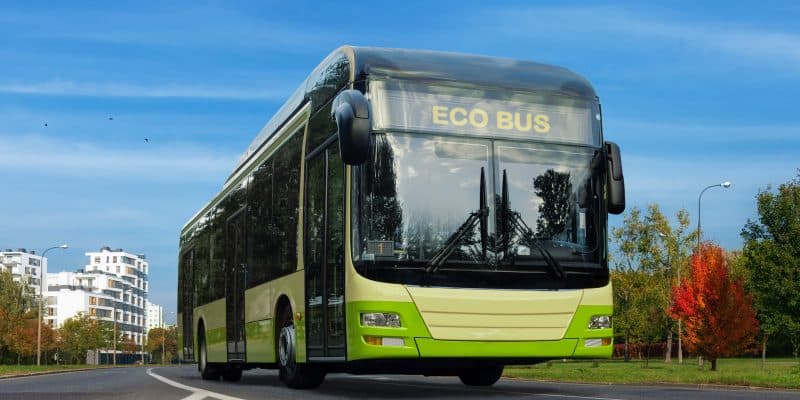
Following the success of the 25-seater K6 electric bus, start-up BasiGo is stepping up a gear in Kenya by announcing the E9 Kubwa (Kubwa means big in Swahili). The E9 will make further contributions to reducing road traffic pollution.
BasiGo is a mobility start-up based in Nairobi, Kenya, the company intends to put a new and bigger bus to meet the growing demands for electric vehicles in East African countries. The E9 Kubwa can carry up to 36 seated and 18 standing passengers, with a daily range of 400 kilometers without recharging. This is for sure an upgrade compared to K6 which has a capacity of close to 25 passengers and 10 standing.
But what makes this bus so special, according to BasiGo, is its comfort and technology. According to the company headed by Jit Bhattacharya, the bus is “top of the range with leather seats, Wi-Fi, USB charging points, and video surveillance cameras”. Enough to convince the operators of public transport vehicles (PSV) in the Kenyan capital. The latter are increasingly fascinated by low-pollution modes of transport that are easier to acquire thanks to the Pay-as-You-Drive model.
BasiGo is banking on Kenya’s potential for renewable energies, particularly solar power, to power electric vehicles. The bus can be recharged in 2 hours at BasiGo’s DC fast charging depots and can drive up to 400 km per day with a mid-day charge.
Pending the results of the pilot phase currently underway in Nairobi’s neighborhoods, the commercial operation of these electric buses is scheduled for 2023. Until then, the “K6” model, assembled locally from parts supplied by Chinese manufacturer BYD Automotive, will continue to operate.
Through its Pay-As-You-Drive financing model, BasiGo is offering the E9 Kubwa for a purchase price of Ksh 7.5 million and a mileage-based subscription of Ksh 40 per km for charging and maintenance provided by BasiGo. BasiGo has also announced a new lease option, enabling owners to adopt the electric bus for a much lower upfront cost. Each E9 Kubwa electric bus is expected to help Kenya reduce diesel consumption by 20,000 liters per year while also reducing CO2 emissions by 50 tonnes per year.
BasiGo has more than 20 electric buses plying different routes in the Kenya's capital city, Nairobi. This has been so because of partnerships signed with Citi Hoppa, East Shuttle, Super Metro, Metro Trans, OMA services, and Embassava.




